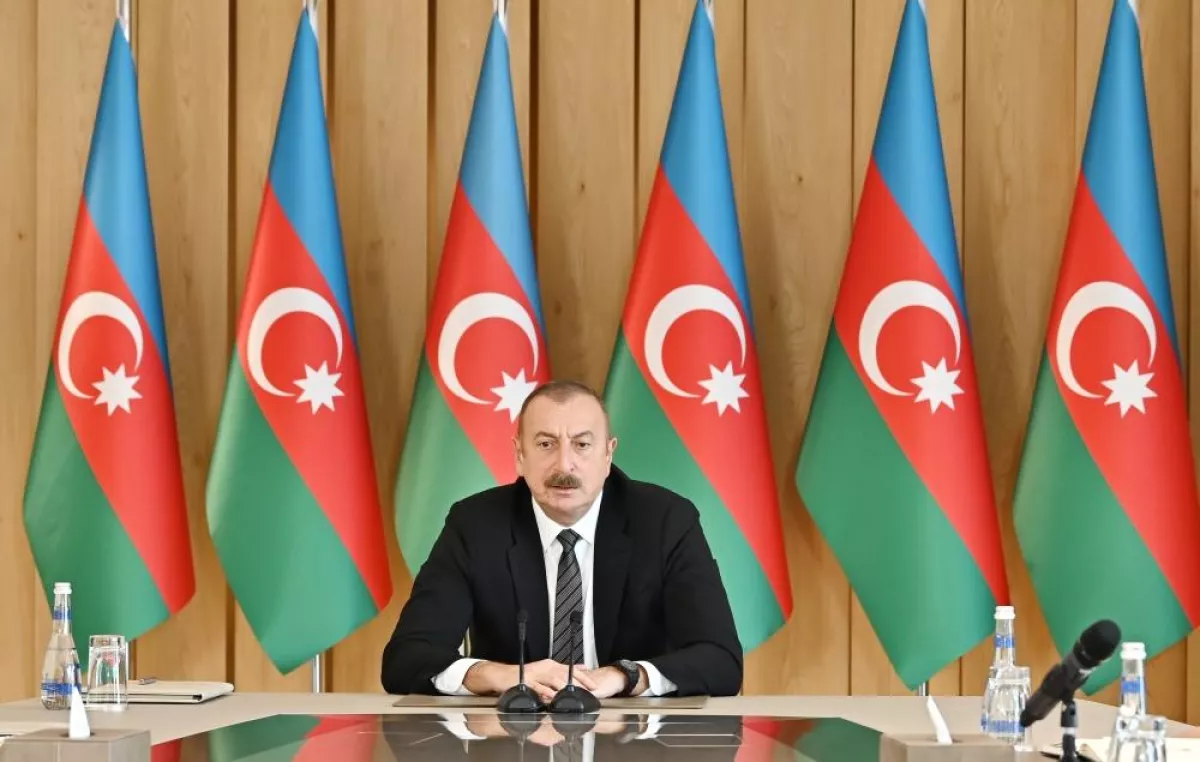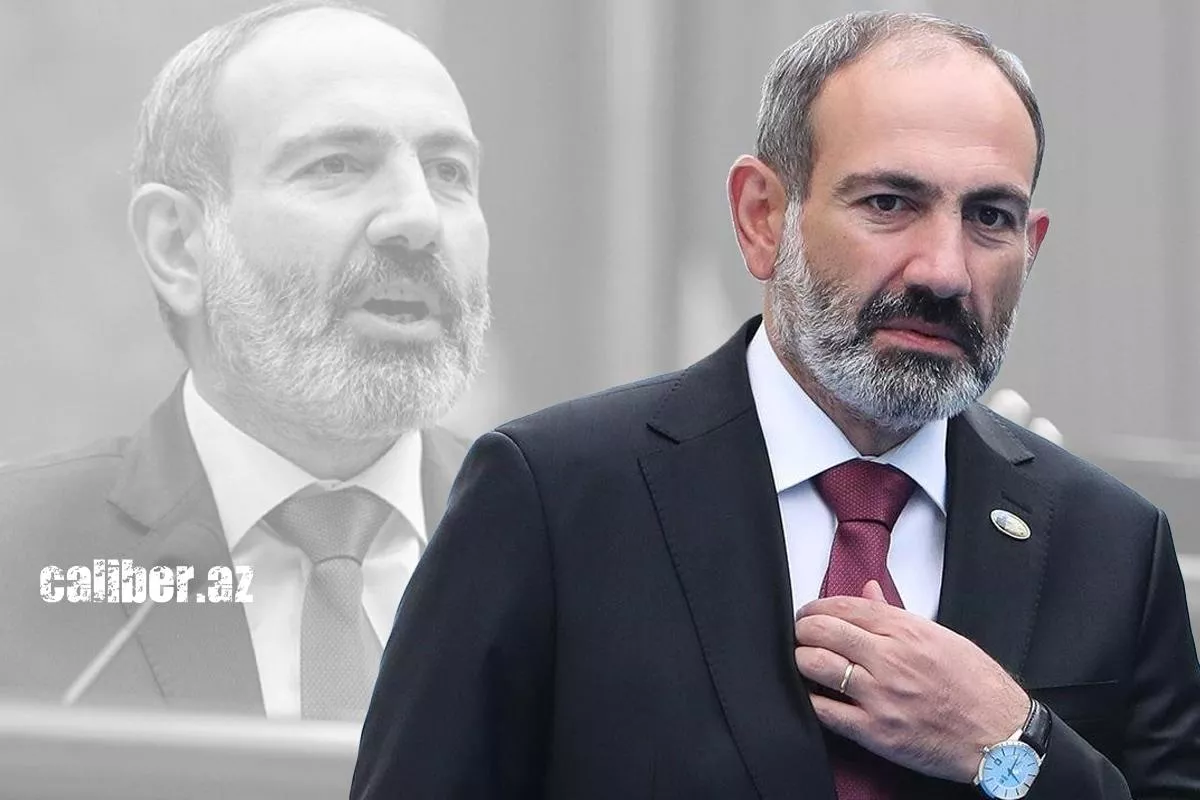Azerbaijan's foreign policy strategy And Armenia’s inconsistent approaches
Azerbaijani President Ilham Aliyev has sent a congratulatory letter to Ukrainian President Volodymyr Zelenskyy on the occasion of Ukraine's Independence Day.
The text of the letter has been published on the official website of the Azerbaijani president. In the letter, the Azerbaijani leader highlighted the longstanding and rich traditions of friendship between Azerbaijan and Ukraine. I would particularly highlight the following lines from the message.
"In accordance with the UN Charter, norms, and principles of international law, Azerbaijan and Ukraine demonstrate mutual support and solidarity on issues of territorial integrity and sovereignty. We express our commitment to exert every effort to render necessary humanitarian support and assistance to the friendly people of Ukraine," Azerbaijani President Ilham Aliyev emphasised.

The Azerbaijani leader’s statement is another example of how to build a consistent and principled foreign policy for the country.
Azerbaijan maintains very warm and trusting relations with the current Ukrainian leadership, clearly articulating its position on the most pressing issues of concern to the Ukrainian government. At the same time, Azerbaijan is strengthening its relations with Russia. The official visit of Russian President Vladimir Putin to Baku is a clear testament to what the foreign policy doctrine of a truly independent state should be—where the leadership prioritizes national interests above all.
Certainly, some of Azerbaijan's efforts to strengthen its relationship with Russia may not be favoured by Ukraine, and vice versa—some aspects of Azerbaijan's engagement with Ukraine may not be welcomed by Russia. However, the uniqueness of President Ilham Aliyev's policy lies in its consistent and principled approach. It remains steadfast and transparent.
The territory of Azerbaijan, which was under Armenian occupation for over twenty-five years, has consistently prioritized the principle of territorial integrity over the principle of national self-determination. Armenia's position has always been different, which is not surprising considering that the second and third presidents of Armenia were leaders of the Karabakh faction.
It is also important to remember that the current Armenian government has also supported Karabakh separatism. Armenian Prime Minister Nikol Pashinyan made a disgraceful and provocative statement declaring that "Karabakh is Armenia and period." This was an explicit endorsement of Karabakh separatism, rendering peace negotiations between Baku and Yerevan meaningless.

Then we witnessed Armenia's military provocation in the direction of Tovuz in the summer of 2020. This too is a personal responsibility of Pashinyan, who made the new war inevitable.
The war lasted 44 days and ended with Armenia's capitulation, formalized by a statement signed by its prime minister on November 10, 2020, many of those terms Armenia has not fulfilled yet. Moreover, the current Armenian government continued financing and arming the Karabakh faction, once again ignoring the principle of territorial integrity.
Azerbaijan was left with no alternative but to carry out an anti-terrorist operation in the Karabakh economic region. As a result, Azerbaijan's territorial integrity was fully restored, Pashinyan, at least verbally, was compelled to acknowledge this. However, he continues "playing for time," refusing to take the steps necessary to sign a peace agreement between Azerbaijan and Armenia.
Pashinyan hopes for the support of external powers and the assistance of Armenia's new sponsors, particularly France led by Macron. However, these hopes are futile primarily because Armenia has once again become a tool in the hands of various states. This is a clear example of inconsistent foreign policy. By such behaviour Armenia has not gained, does not gain, and will not gain respect on the global stage, exposing it to significant risks, including the potential loss of its statehood.








